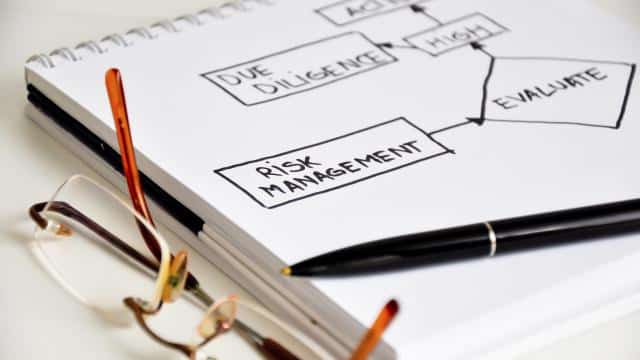
We previously wrote on this topic in the March 2022 and September 2022 issues of LIANSwers. We continue to see different lawyers notarizing documents for OPCA litigants, parties who they do not otherwise act for. So we will try once more to impress upon you our concerns when lawyers facilitate and enable OPCA litigants to disrupt valid legal proceedings. Perhaps this third attempt will be the charm.
Sovereign citizens, freemen on the land, OPCA litigants, call them what you will, these individuals are using your notary seal and commission to give an air of legitimacy to otherwise unrecognized and illegitimate documents. These documents then serve to delay and increase the cost of proper legal proceedings.
When lawyers who notarize these documents are asked about it, they sometimes say that not only are they not representing the person for whom they were notarizing the documents, but they did not review the documents in any great detail, the documents seemed to be bizarre, and that the lawyer just took the person’s oath.
Those answers should not be satisfactory to you. Your name is on those documents as a Notary, as a practicing member of the Barristers Society, as a commissioner of oaths. These documents when filed in proceedings or registered on title have significant effects on proceedings and the property of innocent parties. Your name legitimizes fictions. By attaching your name these documents, you put your own personal reputation at risk.
You should always read what you are being asked to put your name to, especially if you are not the author and the person you are doing this for is not otherwise your client. When presented with a request to notarize OPCA documents, a question you should be asking yourself is “If I could charge this person any fee to argue this and they agreed to pay that fee, would I in fact take the matter on and make this argument?” If the answer to that is no because the person is an OPCA litigant and wants to make an argument that the law does not apply to them – which every lawyer knows is not a valid argument – why would you put your name on these documents. If you would not want your client to have to respond to these frivolous and illegitimate arguments, why would you contribute to a situation that compels others and the Courts to have to do just that?
Does anyone have the right to represent themselves in a proceeding and advocate on their own behalf? Absolutely. But that does not mean that you as a lawyer are obliged to facilitate their desire to do that.
In our March 2022 article we provided a link to the decision in Meads v. Meads, 2012 ABQB 571. In that decision – which goes 180 pages – the Court spent a great deal of time setting out the indicia of OPCA litigants and the concepts and ideas behind the movement, one of which is that the individuals do not believe they are subject to the Court’s authority. So we ask again – why are you facilitating this?
And specific to lawyers notarizing documents, the Court in Meads said:
B. Lawyers
1. A Lawyer’s Duties
[642] Like the judge, a lawyer who represents the target of an OPCA litigant faces a difficult task. However, as an officer of the court each lawyer has certain duties not only to the client, but also to the justice system as a whole.
a. Notarization of OPCA Materials
[643] One duty is to not participate in or facilitate OPCA schemes. During preparation of these Reasons, I reviewed a large number of OPCA litigation files in our Court. I was very disturbed and profoundly disappointed to see the number of occasions where an OPCA document was notarized by a practicing lawyer. Certain of Mr. Meads’ materials were marked in that manner, by two different members of the Alberta Bar.
[644] Alberta Justice has instructed lay notaries to not endorse documents of this kind: Papadopoulos v. Borg, 2009 ABCA 201 at para. 3.
[645] This Court has, on previous instances, drawn to the attention of the Law Society of Alberta that this kind of action is inappropriate for an officer of the court. It assists implementation of vexatious litigation strategies. In my view, a lawyer has a positive duty not to engage in a step that would ‘formalize’ (though typically in a legally irrelevant manner) an OPCA document. I have previously noted that certain OPCA gurus place a peculiar and mythical authority in a notary’s hands. A lawyer should not, directly or indirectly, reenforce, or support that purpose.
We agree with the Court in Meads. In particular, as officers of the Court, lawyers have a duty to not engage in a step that formalizes these materials.
As for the signs that you are dealing with a sovereign citizen or OPCA litigant, we refer you to the decision in Meads.
You should also keep in mind that once these documents are filed with the Court or with a registry, they are public documents – with your name on them. You are entitled to operate your practice as you see fit, but do you want the Court and the public to associate your practice with OPCA litigants?
Which leads to this question – will the third time we write about this be the charm?
LIANSwers v80, March 2023
